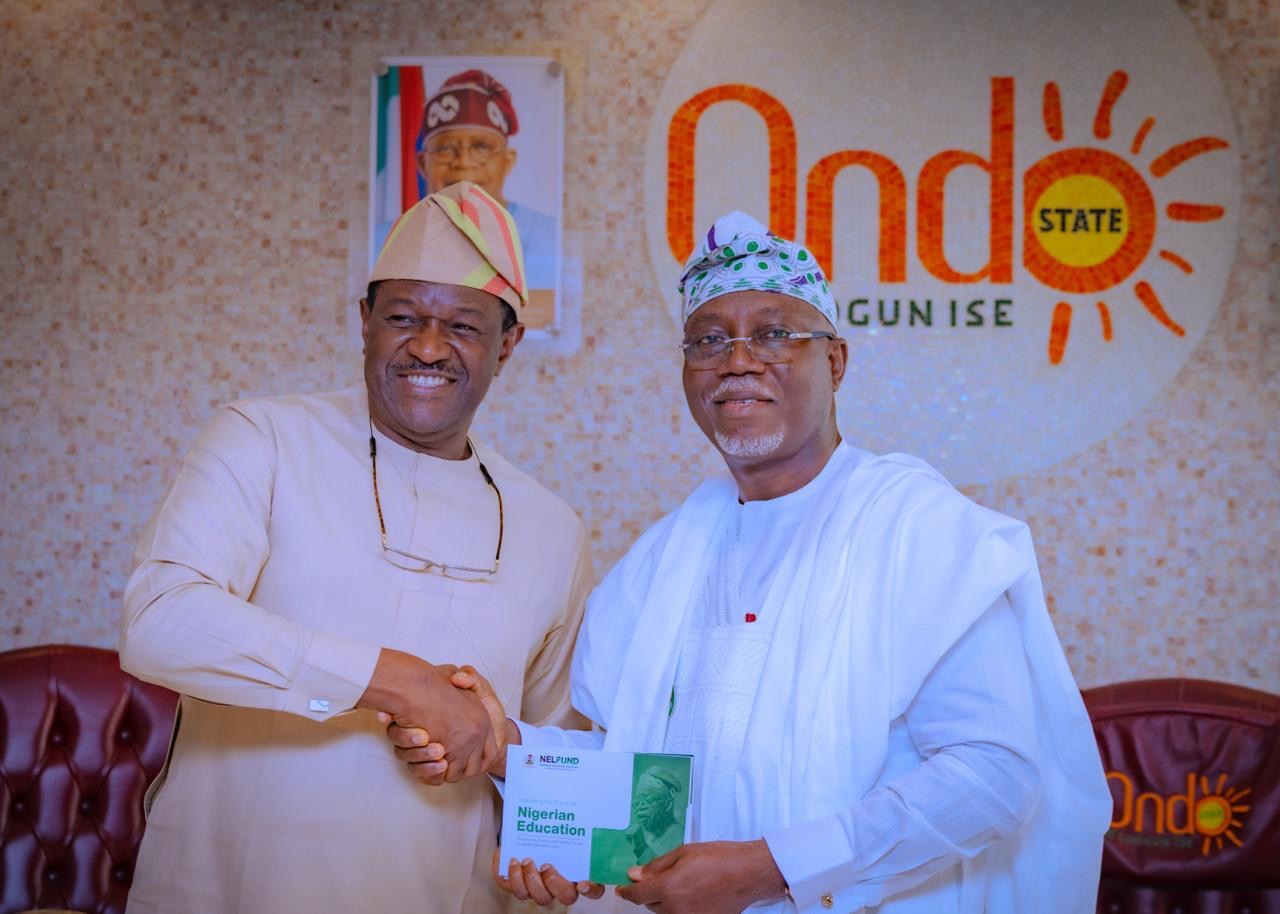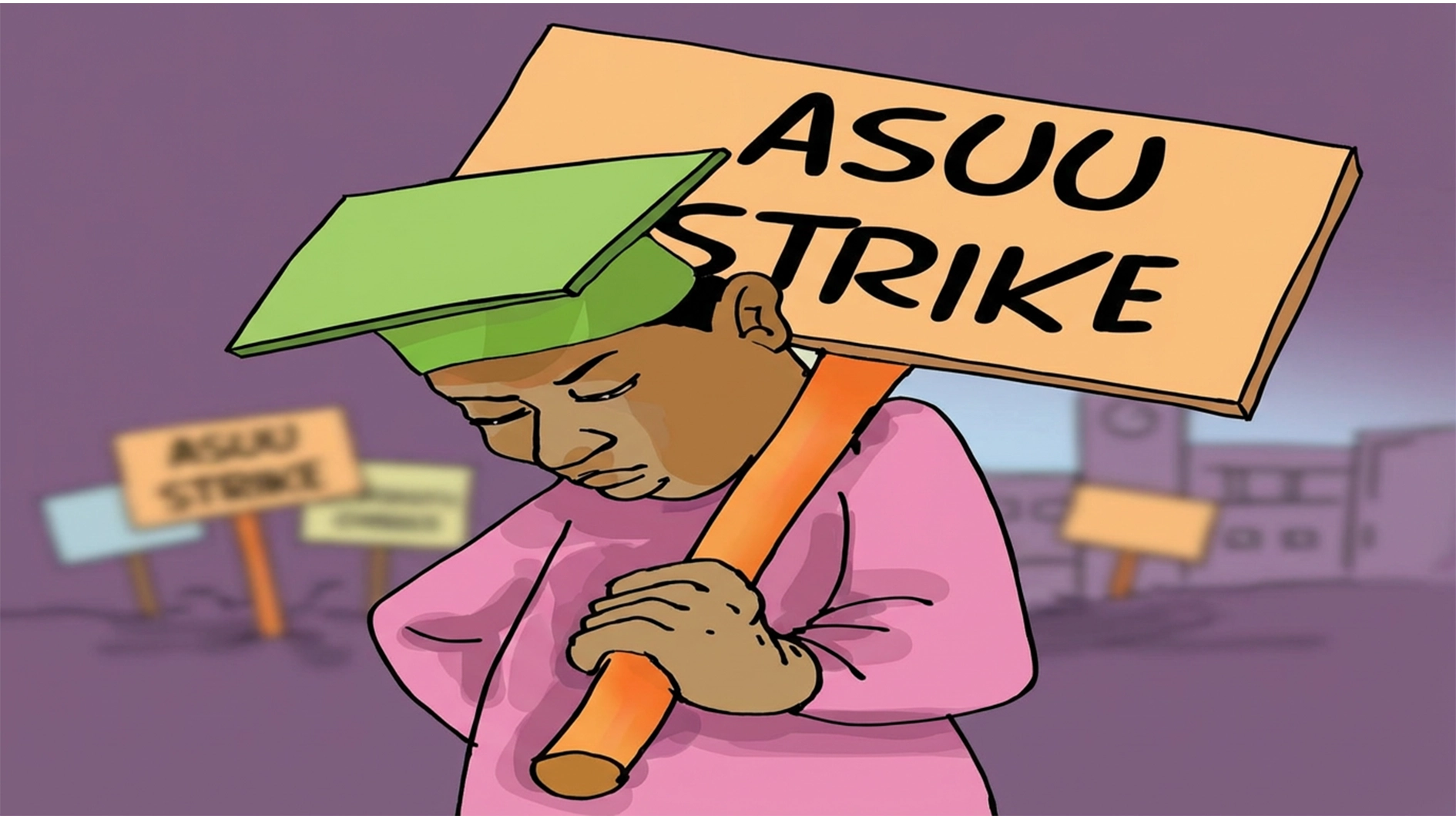The Minister of State for Education, Prof. Suwaiba Said Ahmad, yesterday, assured that concerted efforts are being made to reposition education as a key driver of economic growth and national development.
The minister spoke at the 2025 Annual General Meeting of Principals of Federal Unity Colleges, hosted by the South West zone in Lagos, emphasising that the ministry is committed to delivering effective and equitable education that contributes to a strong, democratic, prosperous, indivisible, and sovereign nation.
Represented by the Director of Senior Secondary Education, Hajiya Binta Abdulkadiri, the Minister said the theme for this AGM, “Education for Renewed Hope: Repositioning Secondary Education for Economic Empowerment and National Development,” is both timely and strategic.
According to her, It highlights the essential link between quality education, economic empowerment, and national development — ensuring equal access to education for all, particularly the girl-child and persons with special needs.
The minister reaffirmed the ministry’s commitment to investing in education to empower young Nigerians and promote sustainable economic growth.
She said: “Our focus on key reform areas—curriculum development, teacher professionalisation, and digital transformation—aims to revitalise Nigeria’s education system and align it with global best practices, thereby preparing our students for a knowledge-driven economy.”
The minister urged principals to always remember that they represent the Federal Ministry of Education in their respective states and schools, asking them to uphold the highest standards of discipline, integrity, and accountability in the discharge of their duties.
In his remarks, the Permanent Secretary, Federal Ministry of Education, Mr. Abel Olumuyiwa Enitan said the Federal Ministry of Education has initiated a major overhaul of the national school curriculum, a reform framed as “Light load, stronger minds.”
The reform, he said, reduces subject overload, sharpens the focus on core competencies and expands practical, vocational and digital pathways to enable learners to graduate with both knowledge and usable skills.
According to him, this is designed to create more space for depth, for project-based learning, Science, Technology, Engineering and Mathematics (STEM) and trade subjects that connect schooling to empowerment opportunities, stressing that empowered students beget an empowered nation.
Enitan, represented by the Director of Finance and Account, Federal Ministry of Education, Mr. Adebayo K. Adegboye, said the Ministry will continue to provide policy direction, technical support and coordination with development partners to achieve our collective and desired goals.
He commended the principals for their dedication and tireless commitment to shaping the minds of the future leaders.
Earlier, the chairman of Principals of Federal Unity Colleges (FUCs), Alhaji Shehu Dahiru , said repositioning secondary education for economic empowerment and national development is not just a theme , but a call to action.
As educators, administrators, and leaders, he noted that the principals are the custodians of our nation’s future.
He urged them to rise to the challenge of nurturing responsible, skilled, and visionary young Nigerians.
“By strengthening secondary education, particularly in our Federal Unity Colleges, we lay a solid foundation for economic empowerment, national unity, and sustainable development,” he added.
The Senior Secondary Education Commission, Abuja, Dr. Iyela Ajayi in his presentation: titled: “Education for Renewed Hope: Repositioning Secondary School Education for Economic Empowerment and National Development, noted the increased budget allocation by the present administration but lamented that the funding of education at all levels in Nigeria was far below the benchmark recommended by the UNESCO which is between 15 and 25 percent of the total budget.
According to him, the low budgetary allocation had negative implications for the ability of the country to provide basic infrastructures, teaching and learning materials, well-stocked laboratories, and workshops, among others.
He also lamented that the shortage of teachers in terms of quantity and quality has affected the Nigerian education system negatively.
Dr. Ajayi called for concerted efforts to address this since all other professions originate from the teaching profession, as one cannot acquire knowledge and specific field skills without a teacher.






